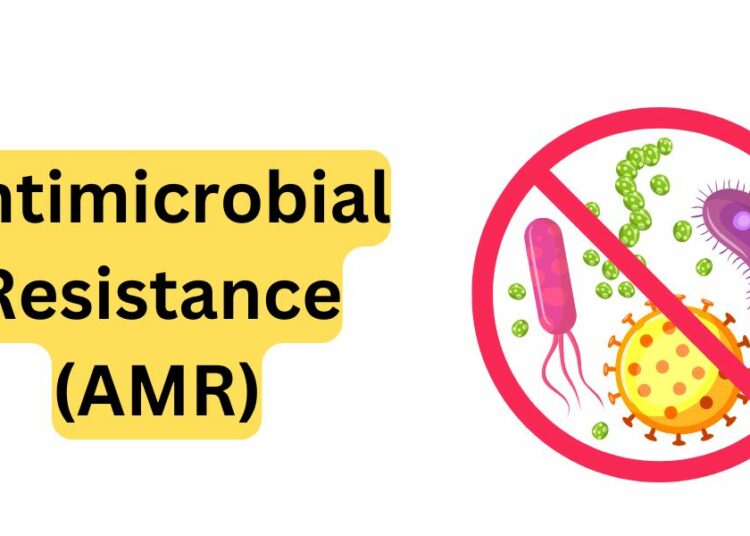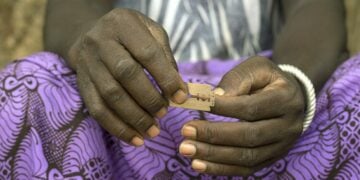Experts have called for enhanced surveillance systems, sustained funding, and effective collaboration across health, agriculture, and environmental sectors to combat Antimicrobial Resistance (AMR).
They warned that failing to address AMR could derail progress toward achieving the Sustainable Development Goals (SDGs).
Speaking at the Step-down Training Programme on Media-EIS Tracks and AMR in Abuja, organised for members of the Association of Nigeria Health Journalists (ANHEJ), the experts emphasised the urgent need for action.
The event was convened by Ojoma Akor, a Media-EIS fellow, with support from the USAID-funded Breakthrough ACTION-Nigeria.
Highlighting the severity of the issue, experts urged the Nigerian government to implement strict regulations to reduce the high mortality rates linked to AMR.
Antimicrobial Resistance is a growing global health and economic challenge, with Nigeria being among the hardest-hit countries.
National Coordinator for the Emergency Center for Transboundary Animal Diseases at the Food and Agriculture Organization (FAO), Dr. Ayodele Majekodunmi, revealed alarming statistics: “Globally, AMR is linked to 4.95 million deaths annually, with 1.27 million directly attributable to it. In Nigeria, AMR-related deaths total 263,400 annually, of which 64,500 are directly linked to AMR. This places Nigeria 19th among 204 nations in AMR-related mortality.”
Dr. Majekodunmi called for stricter regulations to curb the death toll in Nigeria.
Deputy Project Director, Risk Communication, Breakthrough ACTION-Nigeria, Dr. Olayinka Umar-Farouk, underscored the critical role of the media in addressing AMR. She highlighted the importance of equipping journalists with the skills to communicate complex public health challenges effectively.
The event’s convener, Ojoma Akor, emphasised the transformative role of epidemiology in health journalism, stating that understanding disease patterns and determinants helps target interventions effectively. Breaking the chain of infection and using key epidemiological measures like incidence and prevalence are vital for informed public health actions, Akor said.
Fellows Yecenu Sasetu and Lois Sambo stressed the importance of Social and Behavior Change Communication (SBCC) in addressing health crises.
They said SBCC bridges the gap between knowledge and action, enabling measurable and sustainable health outcomes.
Through media campaigns, SBCC can influence social norms, promote evidence-based practices, and drive public engagement, they noted.
President of ANHEJ, Joseph Kadiri, praised the training for equipping journalists with essential knowledge to educate the public effectively.





